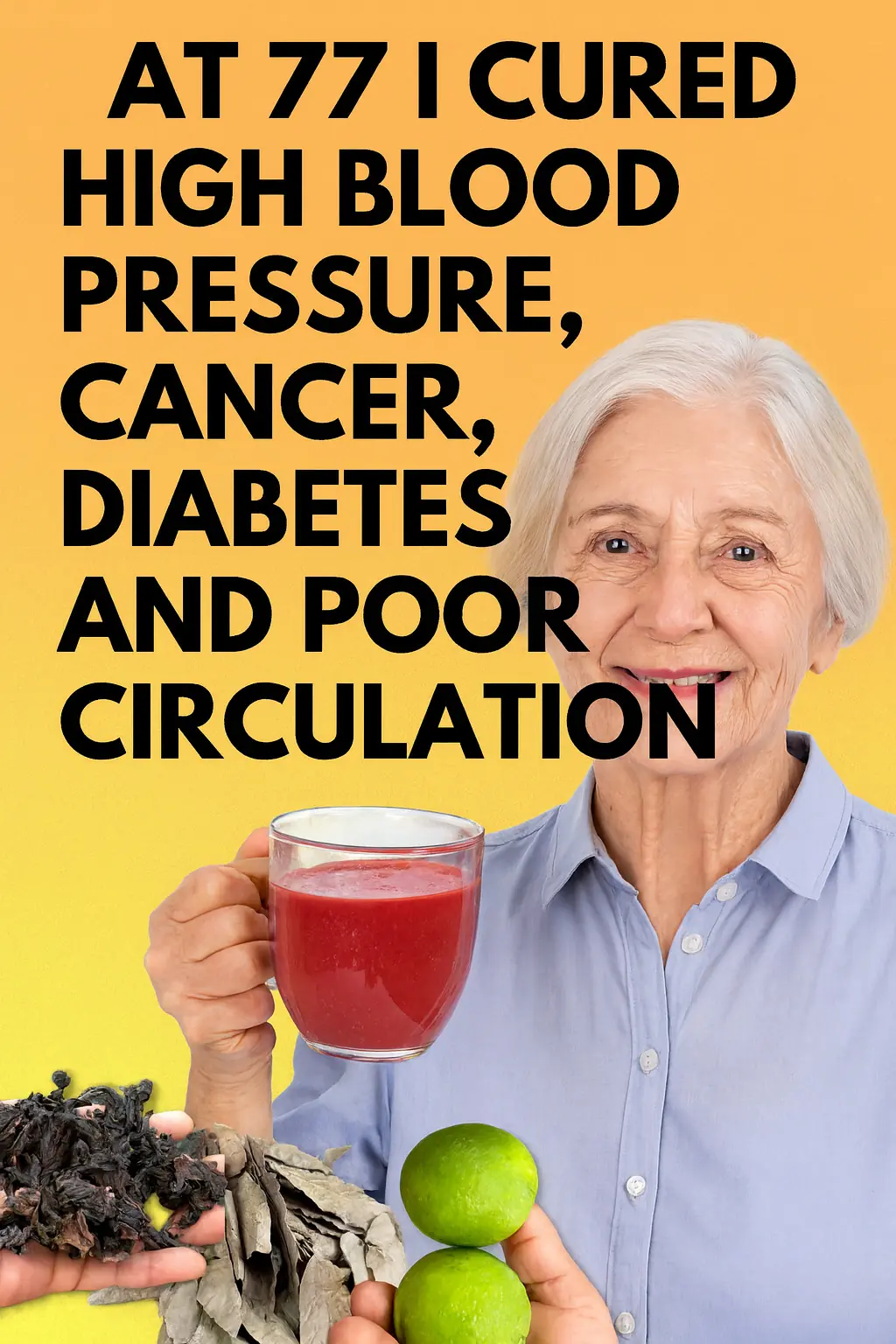
Symptoms of High Cholesterol: What to Watch For
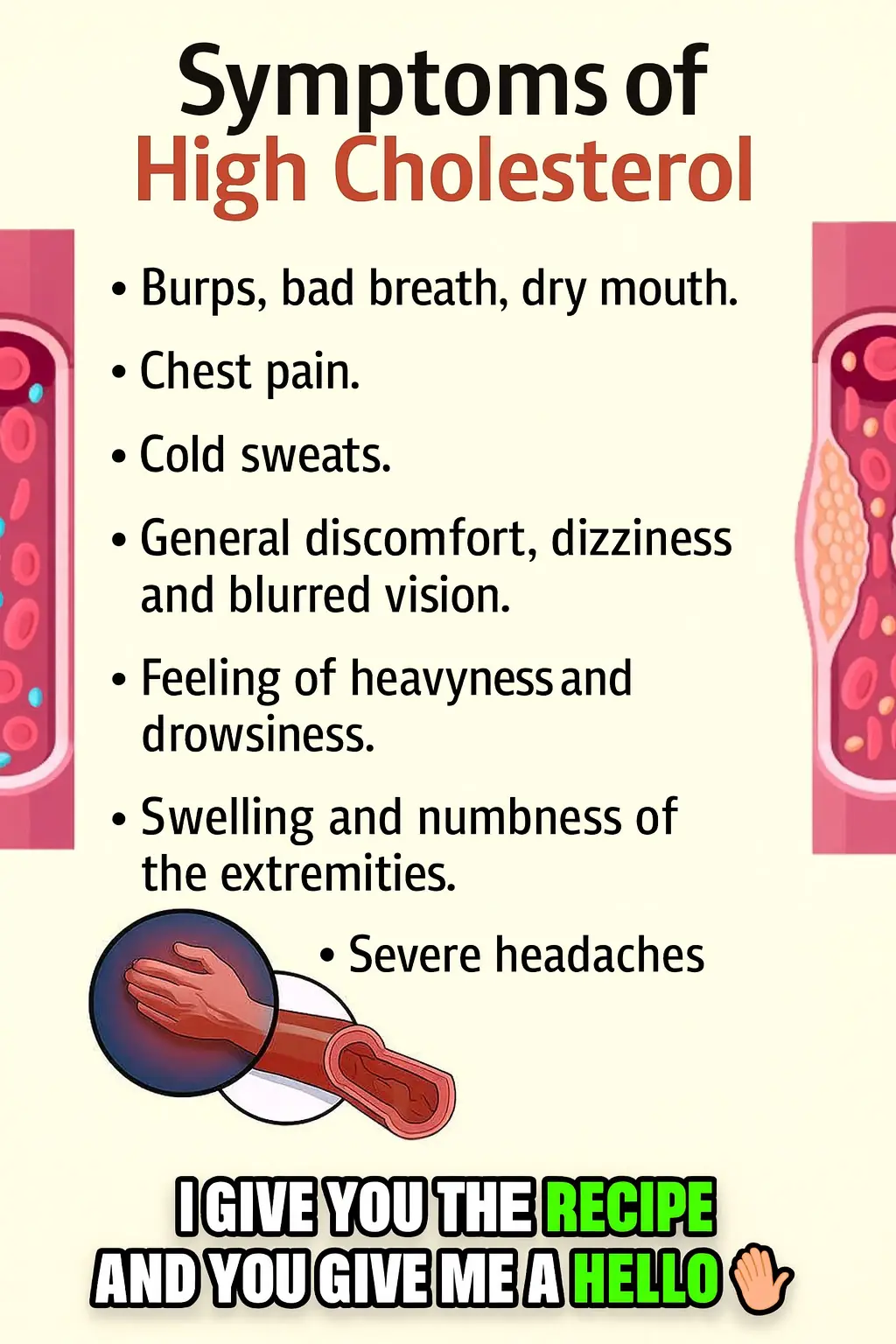
High cholesterol is often called a “silent threat” because it usually doesn’t cause obvious symptoms until it has already contributed to serious health problems such as heart disease or stroke. However, some warning signs may appear in the body when cholesterol levels are dangerously high. Recognizing these signs early can help prevent complications and encourage timely medical intervention.
Digestive and Oral Symptoms
Some people with high cholesterol may experience frequent burps, persistent bad breath, or a dry mouth. These discomforts are often overlooked but can be linked to poor circulation and metabolic changes caused by excess cholesterol in the blood.
Chest and Circulatory Warning Signs
Chest pain is one of the most alarming indicators and should never be ignored. It may suggest that cholesterol buildup is restricting blood flow to the heart. Cold sweats and a general feeling of discomfort or dizziness can also signal circulation problems, while blurred vision may point to cholesterol-related issues affecting blood vessels in the eyes.
Neurological and Physical Effects
High cholesterol can also impact the nervous system. People may notice a heavy or drowsy feeling, as well as swelling or numbness in the arms and legs. These symptoms suggest that blood circulation is compromised. Severe headaches are another red flag that cholesterol deposits may be limiting blood flow to the brain, increasing the risk of stroke.
Why These Symptoms Matter
Although these signs can be associated with other health issues, their presence—especially in combination—should prompt a medical check-up. Regular blood tests remain the only reliable way to diagnose high cholesterol, but being aware of these possible symptoms can encourage early action.
Final Note
Maintaining healthy cholesterol levels through a balanced diet, regular exercise, and routine check-ups is essential for long-term well-being. If you notice any of the symptoms mentioned above, don’t ignore them—seek medical advice to protect your heart and overall health.
News in the same category

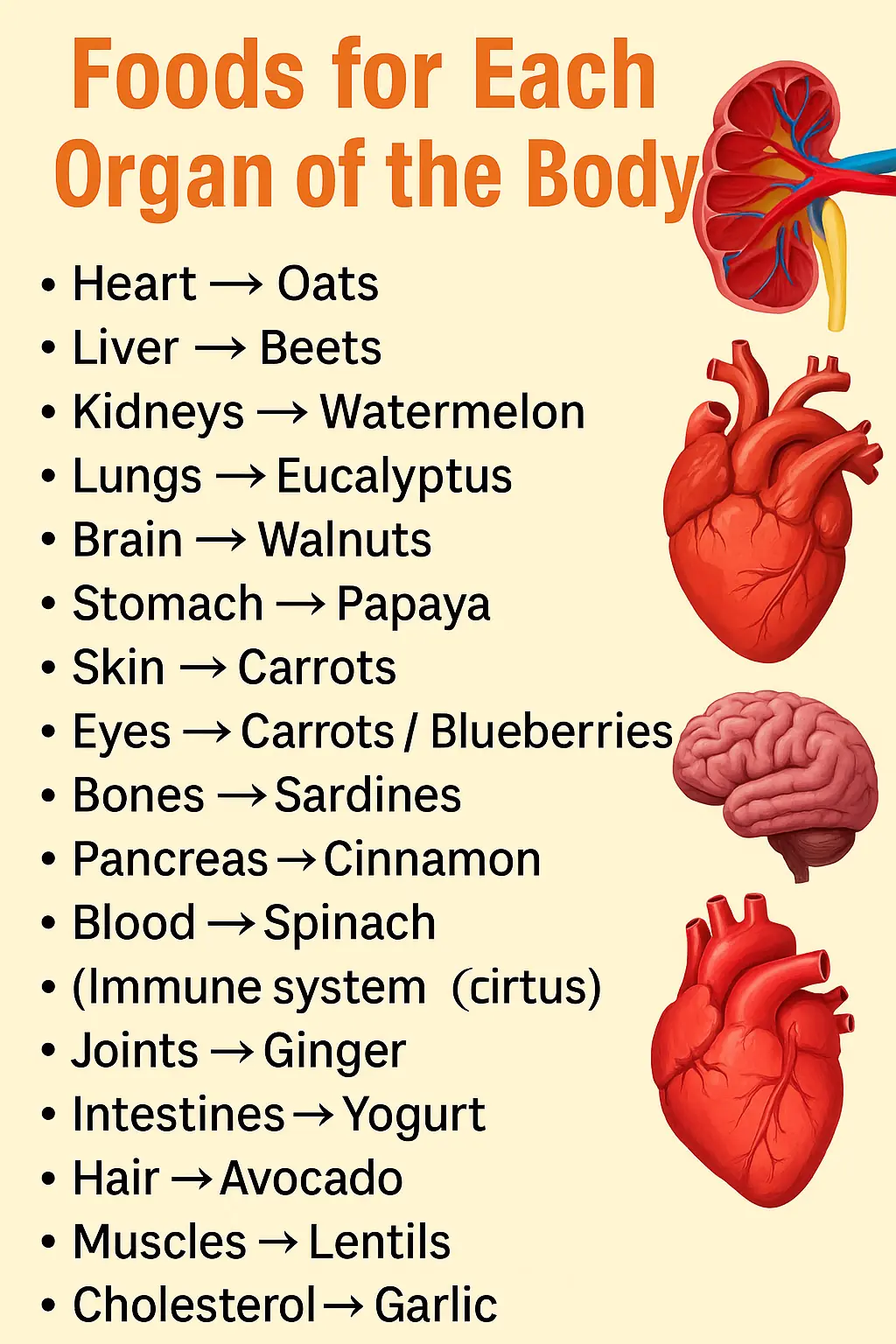
Essential Foods for the Care of Each Organ in the Body

Benefits of Onion: A Natural Remedy for the Prostate and Bladder

The Benefits of Boiling Garlic in Milk: A Natural Healthy Remedy
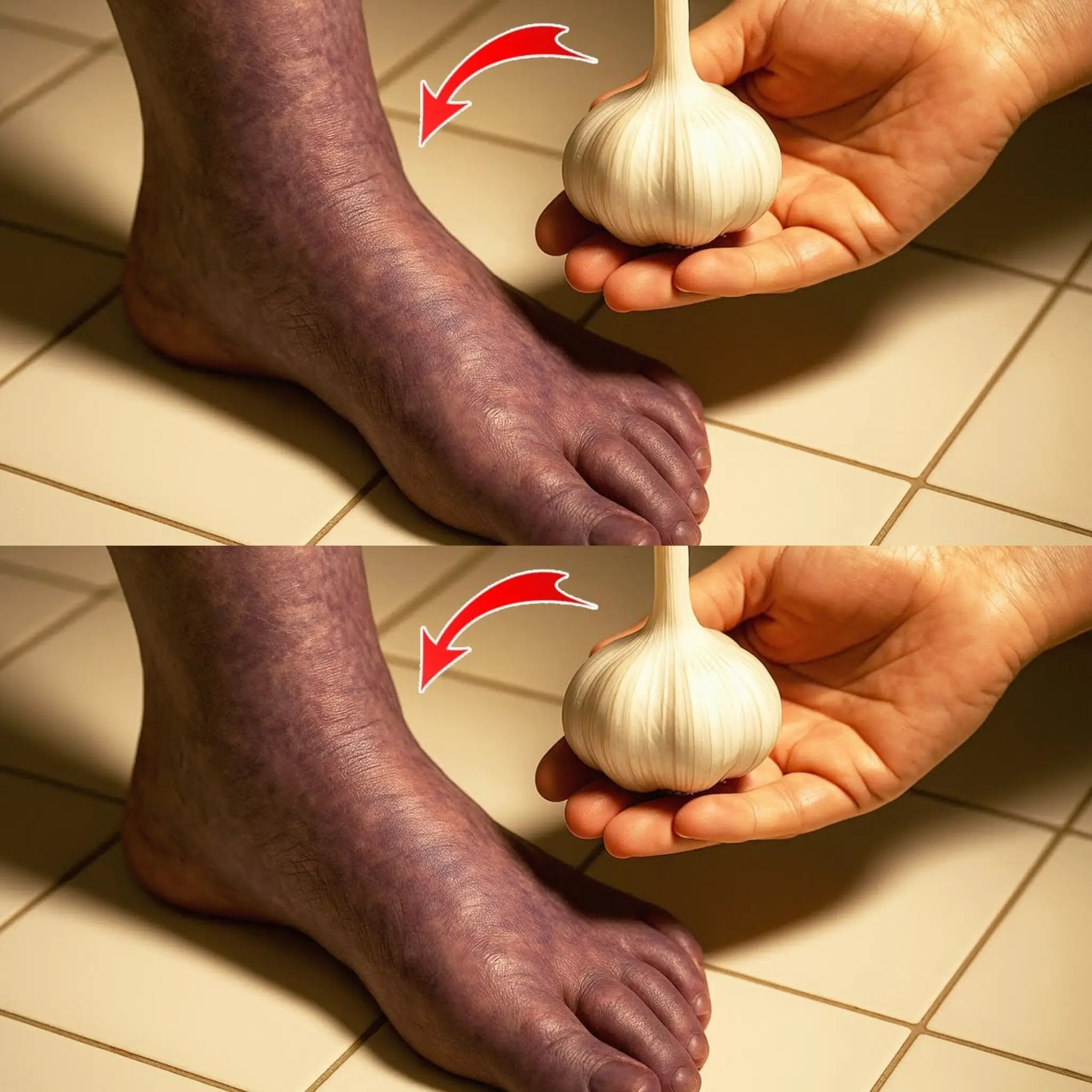
Garlic for Circulation and Joint Relief: A Natural Remedy

Discover the Wonders of Tamarind: Flavor and Health in Every Pod
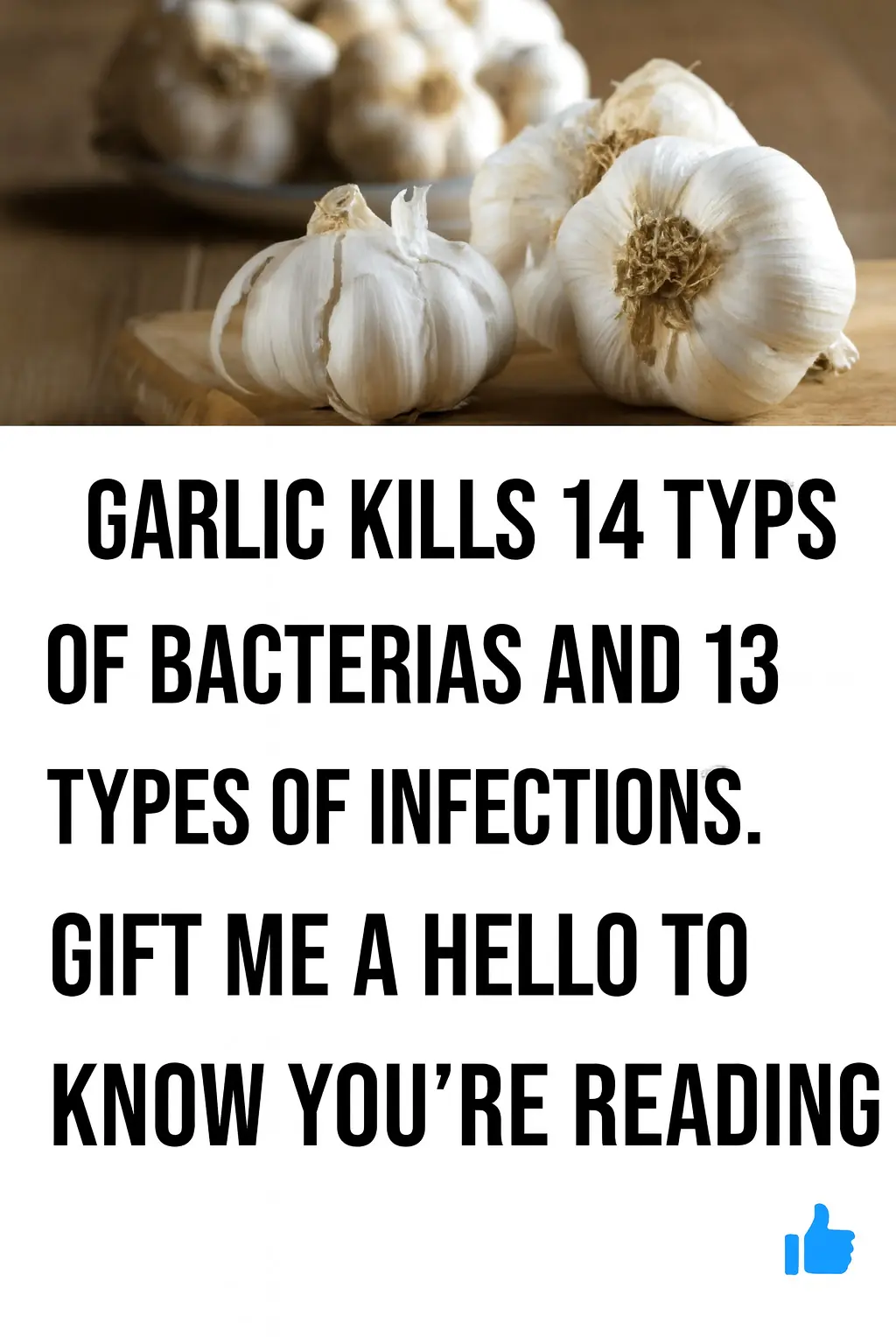
Garlic: A Powerful Ally in Natural Health
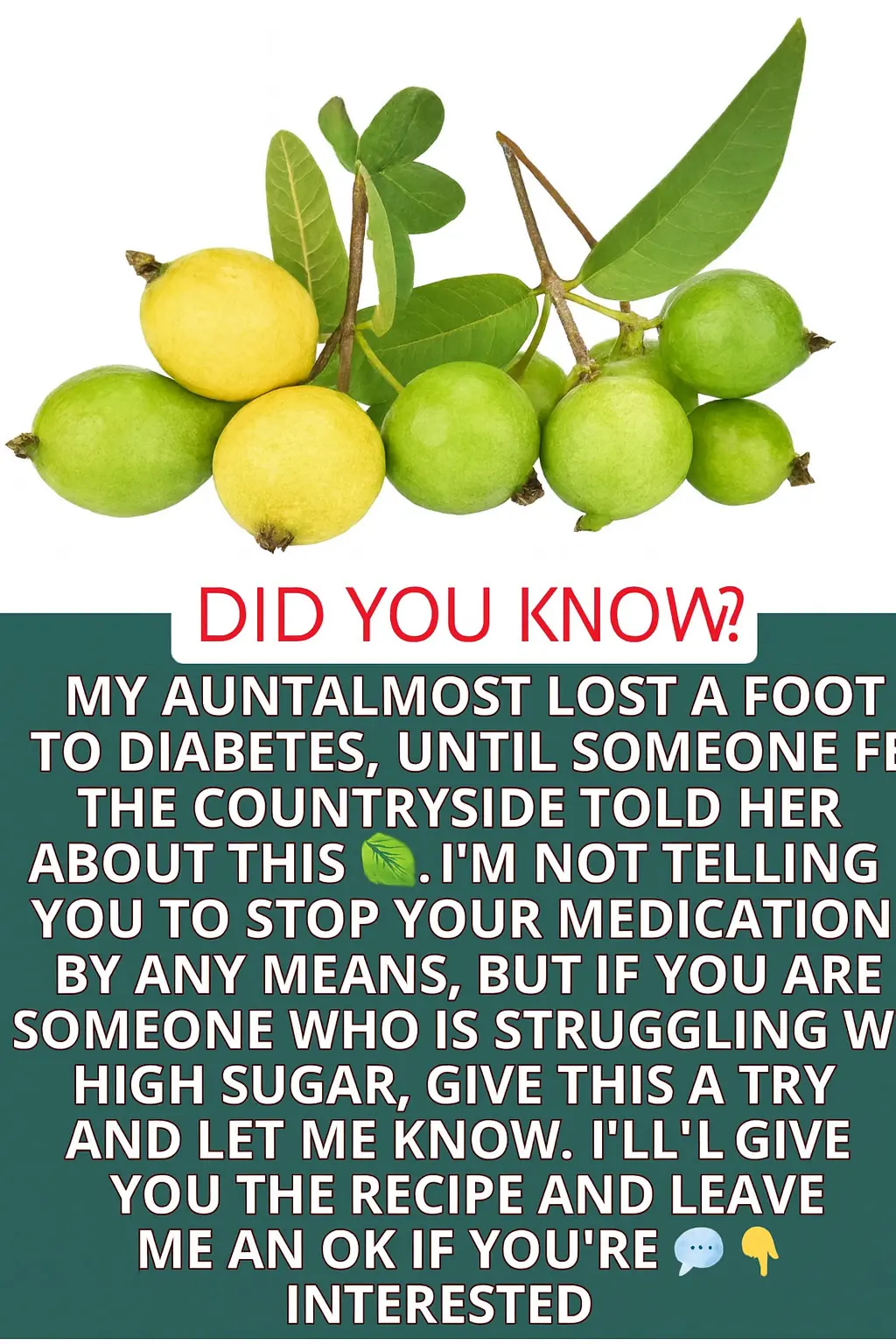
Jarabe Natural para Controlar la Glucosa: Receta y Beneficios
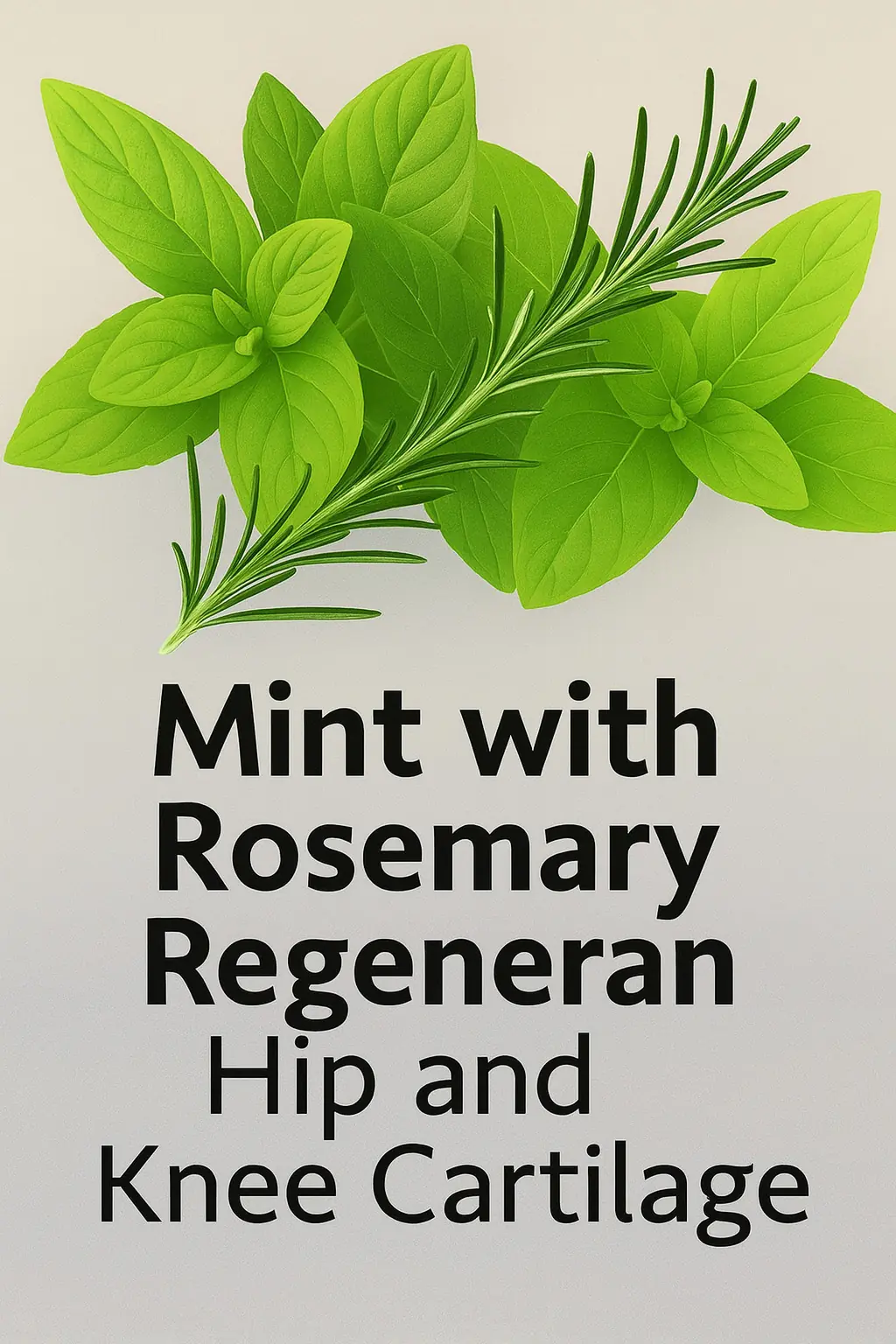
Spearmint and Rosemary: A Powerful Natural Combination for Joint Health

Discover the Magic Plant to Cleanse the Liver and Reduce Intestinal Inflammation

6 MEDICINAL HERBS THAT IMPROVE YOUR HEALTH 👇

Uchuva: Golden Fruit that Protects Your Vision, Its Effect Comes from Its Form… See More

Discover the Magic of Red Onions for Varicose Veins

Mixing Cloves with Cinnamon Can Trigger an Irreversible Body Reaction! 🌿🔥

Drink Ginger with Cloves Every Morning – Here’s What Will Happen to Your Body After 7 Days! 🌿🔥

Make Bread in 10 Minutes in a Fry Pan | No Eggs, No Yeast 🍞🔥

Lemon + Watermelon Did This — Doctor Couldn’t Believe It

Unlock the Secret to Vitality: This Nutrient-Packed Smoothie Will Transform Your Day
News Post
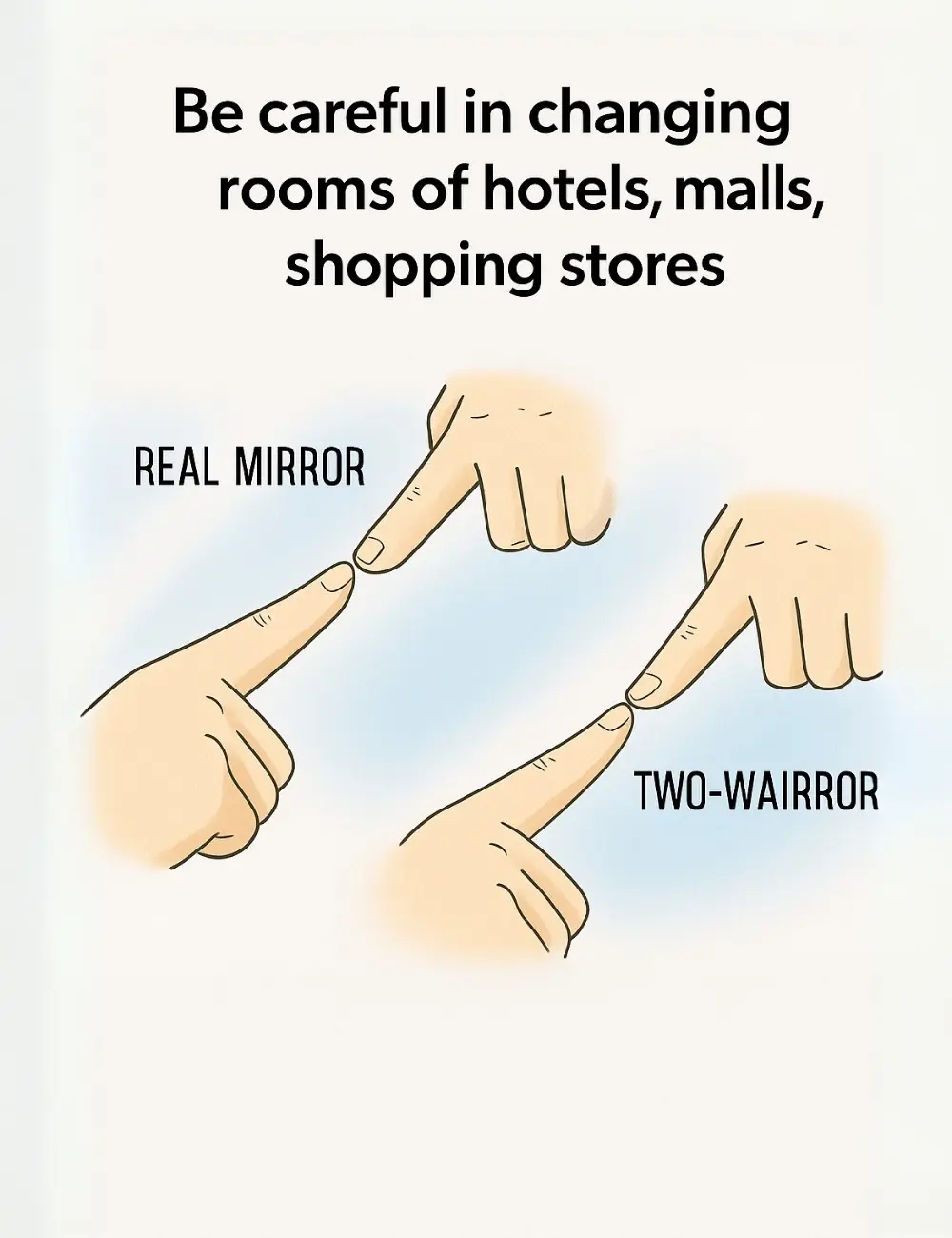
Life Tip: How to Tell the Difference Between a Real Mirror and a Two-Way Mirror in Fitting Rooms
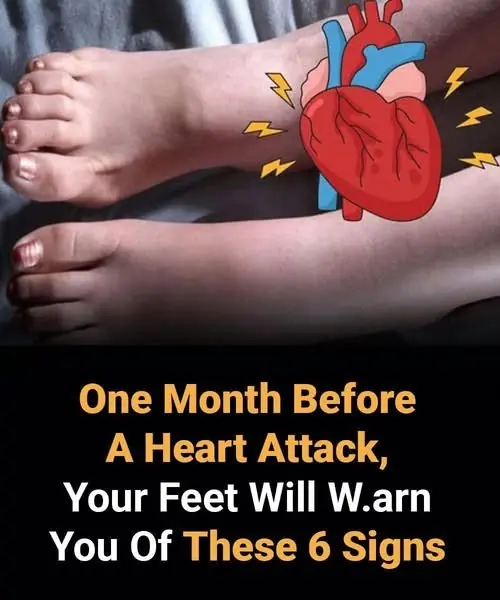
6 Foot Symptoms That May Warn of a Heart Attack Weeks in Advance

A 77-Year-Old’s Natural Remedy to Overcome Hypertension, Diabetes, and More

Essential Foods for the Care of Each Organ in the Body

Benefits of Onion: A Natural Remedy for the Prostate and Bladder

The Benefits of Boiling Garlic in Milk: A Natural Healthy Remedy

Garlic for Circulation and Joint Relief: A Natural Remedy

Discover the Wonders of Tamarind: Flavor and Health in Every Pod
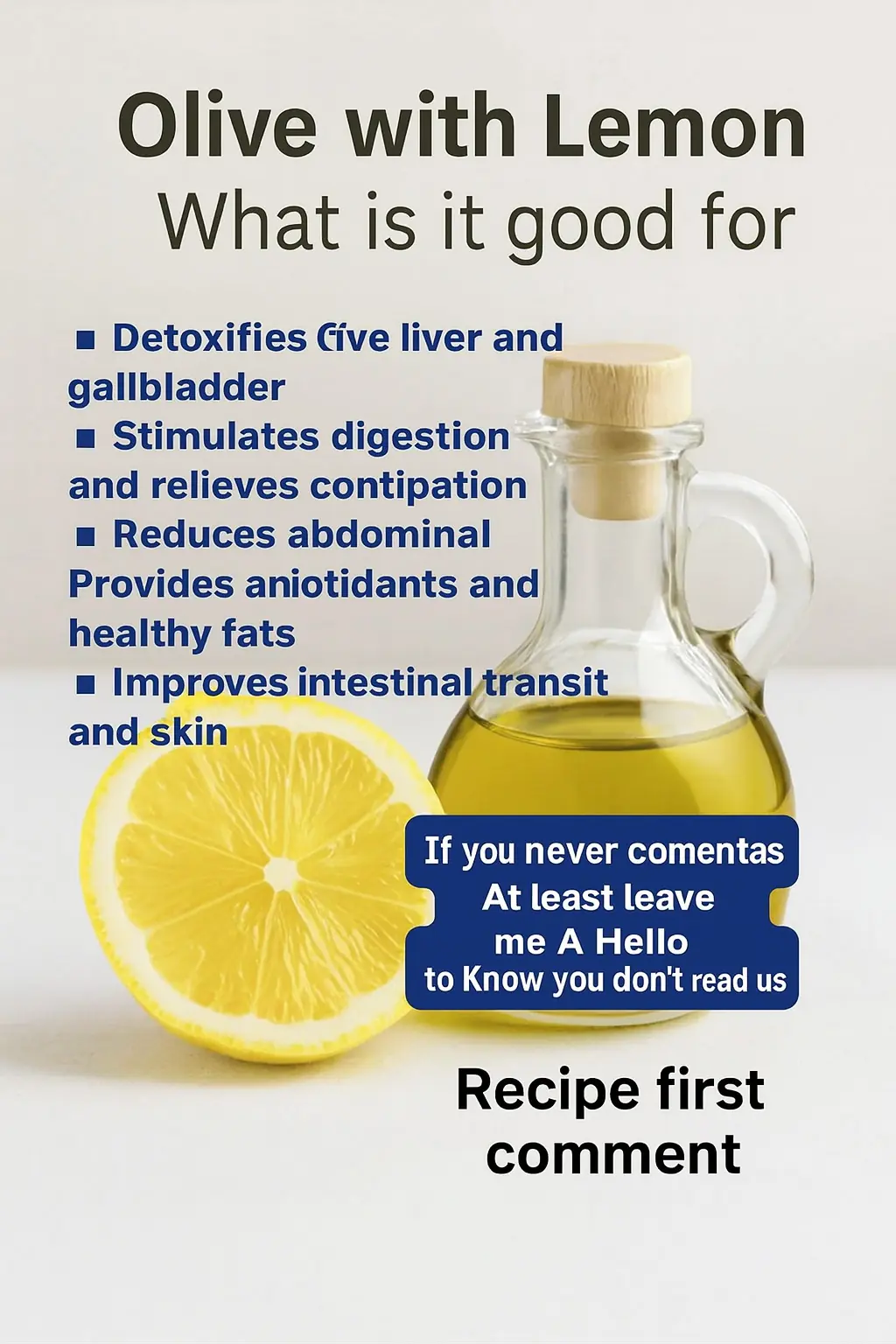
Olive Oil with Lemon: A Simple Yet Powerful Combination

Garlic: A Powerful Ally in Natural Health

Jarabe Natural para Controlar la Glucosa: Receta y Beneficios

Spearmint and Rosemary: A Powerful Natural Combination for Joint Health

Discover the Magic Plant to Cleanse the Liver and Reduce Intestinal Inflammation

The Best Green Juice for Weight Loss – It Will Leave You Flat! Don’t Drink Too Much or Your Pants Might Fall Off..

6 MEDICINAL HERBS THAT IMPROVE YOUR HEALTH 👇

Uchuva: Golden Fruit that Protects Your Vision, Its Effect Comes from Its Form… See More

Discover the Magic of Red Onions for Varicose Veins

Mixing Cloves with Cinnamon Can Trigger an Irreversible Body Reaction! 🌿🔥
